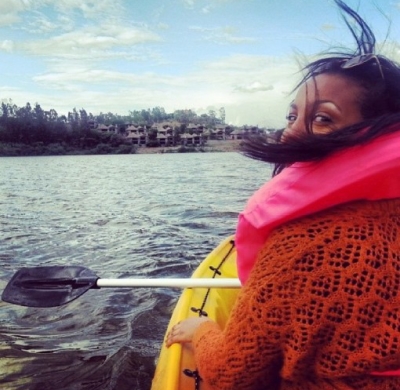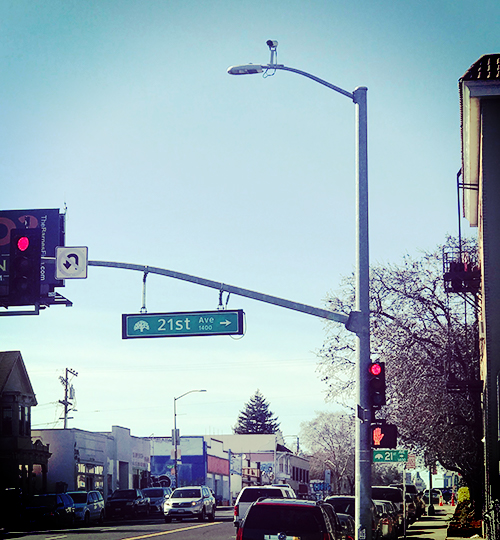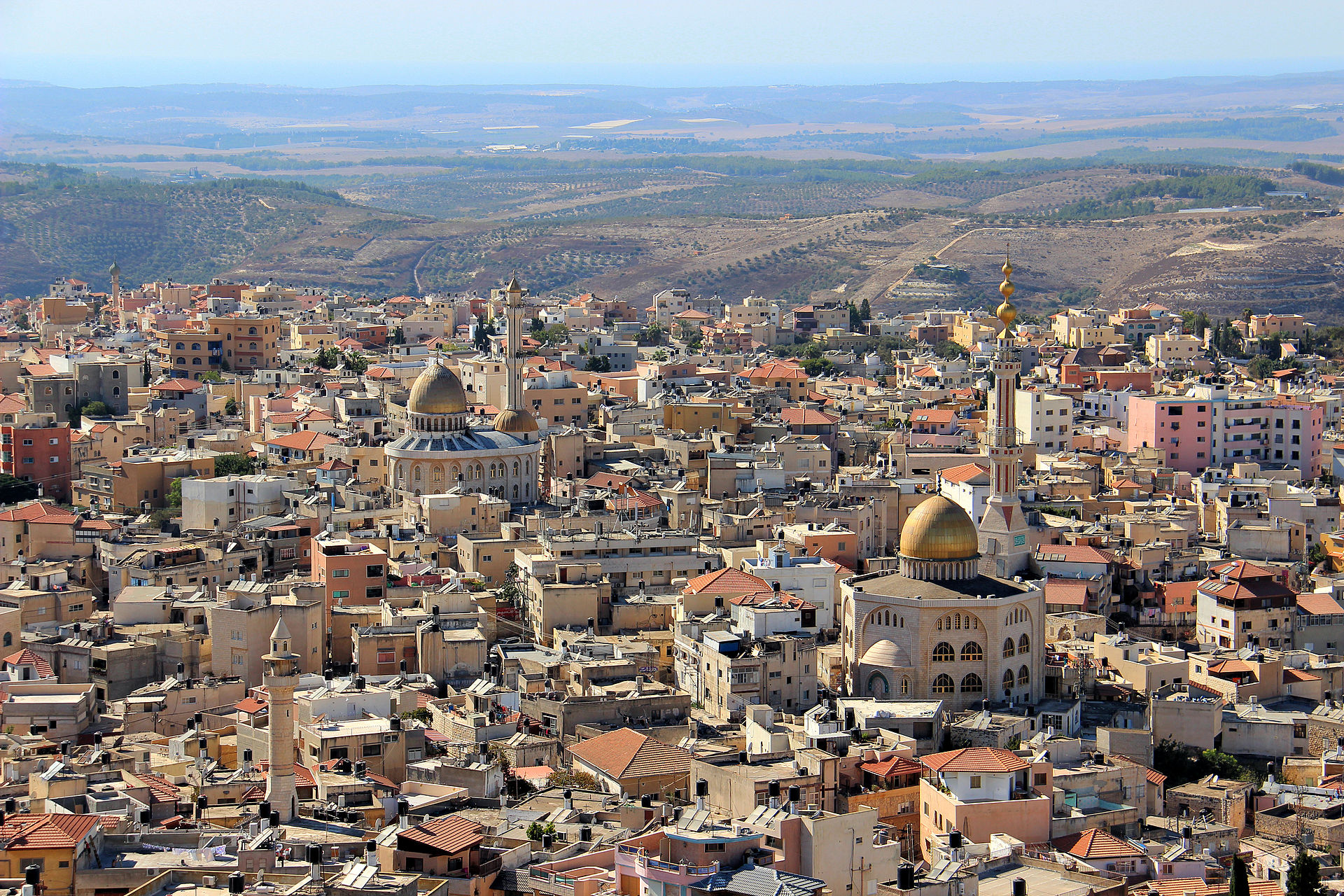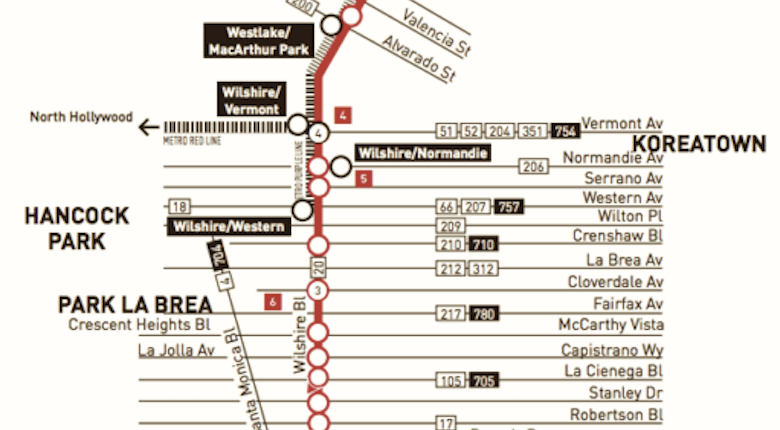By Hella-Genet Fesehaye
Published on December 11, 2015
Just last week, I found myself right in the centre of Merkato, Africa’s largest open-air market. This is the second trip I have made to Ethiopia with my family since immigrating to Canada and it has been 10 years since our last visit.
A decade of changes and development sounded interesting back in Toronto, but firsthand experiences feel so much more thrilling and raw. For one, there is barely any room to walk freely, since space is taken up by street vendors and their customers. I find myself zigzagging frequently just to move through a crowd, all the while being approached by young men trying to sell the latest fashion must-have at a special price, just for me.
Every person is there to hustle. Customers, my mother included, make it a mission to bargain down to the best price, and if they are not satisfied, there are plenty more options. Small children sell treats out of mobile crates and elderly women take over small spaces to brew delicious cups of shai (tea) and boona (coffee). Impressively, the majority of these vendors come from rural parts outside of the city. A common theme I learn is that the urban migrants are key to pushing the development of Addis Ababa. Known for a rich history of fossils that have contributed to understanding human ancestry and world-renowned kingdoms, Ethiopia attracts tourists from all over the world.
I, however, had not traveled much in Ethiopia prior to this trip. I consider Ethiopia to be my first home since it is where I was born and a place that my parents and I left behind to move to Toronto. My family originally comes from Eritrea, a nation north of Ethiopia found right by the Red Sea. My grandparents moved to Ethiopia where they raised their children, and my parents made the move to Canada where they raised me.
Each time we returned to Ethiopia, the purpose of our trip would be limited to visiting old family and friends. This time is different. Besides the new condos, malls, and businesses common to any metropolis, a new wave of spas had opened, and my family and I visit one location from the Kuriftu Resort and Spa chain, located a half hour drive outside of the city in a town called Debre Zeyit. All these changes help me appreciate Ethiopia in a whole new way, differently from the place I once knew.
Located right by Lake Kuriftu, the Kuriftu Resort features typical spa services, dining, and entertainment. I decide to try kayaking for the first time, an easy decision since I consider myself to be a great swimmer and because I love being in the water. Besides the occasional trip to the community swimming pool, I had not experienced other types of aquatic activities, so kayaking instantly piques my interest. My uncle agrees to accompany me, so the guides strap life jackets on us, place us in our kayak, and with one strong push, we were off. We are not given much instruction on how to steer, but the calm waves and weather give us enough time to figure out the rhythm of the lake.
Following a few strokes of the paddle, we allow the boat to glide across the water, and soon we fall into silence, each of us deep in our own thoughts. At that moment, I feel a connection to the place stronger than any birth certificate or family lineage could give me. The calm waves mimic the gentle flow within my veins and I imagine the bright, beautiful sun providing the best lighting for my skin, because right here is where I am meant to glow.

Across the resort, I notice a group of houses, too small to call a village but still a community. We eventually make our way close enough to see a group of boys grazing sheep, and young men fishing in the water. My uncle explains to me that the men would later sell their catch, along with their harvest, to the resort where they would be served to visitors like us. Our presence at Kuriftu as tourists is a part of everyday life for this community. This scenery, food, and relaxation are all new experiences for a city girl like me, and I am paying money to get a feel for them. That same scenery is about livelihood and survival for the locals, though, and our spending helps finance their everyday life.
I can not help but wonder if generations of my family that came before me were in similar situations before deciding to make their life-altering move. Just last week, I met a young woman in Merkato selling traditional spices who explained to me that she moved to the capital from Northern Ethiopia. She was much more interested in hearing about my life in Canada, but I am now hoping to somehow bump into her again to ask about the life she left behind, and if it was anything like what I am seeing here.
A common explanation given by migrant families for coming to a new world is that they seek to provide their children with opportunities they never had. What happens when somewhere down the line, future generations seek out comfort in the history of their ancestors? Similar to what I have done without knowing, they will perhaps return and explore, seeking out something new in the old.
Works Cited
- Abbink, Jon. 2011. “‘Land to the Foreigners’: Economic, Legal, and Socio-Cultural Aspects of New Land Acquisition Schemes in Ethiopia.” Journal of Contemporary African Studies 29 (4): 513–35.
- Bezu, Sosina, Christopher B. Barrett, and Stein T. Holden. 2012. “Does the Nonfarm Economy Offer Pathways for Upward Mobility? Evidence from a Panel Data Study in Ethiopia.” World Development 40 (8): 1634–46.
- Kebede, Getahun Fenta, and Francesca Odella. 2014. “The Economic Returns of Network Resources to the Urban Informal Economy: Evidence from Street Vendors in Addis Ababa, Ethiopia.” European Journal of Sustainable Development 3 (3): 357–72.
Hella-Genet Fesehaye is in her fourth year at UTSC working towards a double major in Health Studies and Psychology. Her best kept secret for stress relief is a personalized playlist ranging from upbeat Motown Funk to mellow Blues. As a part of the African diaspora and a first generation student, Hella has encountered many defining moments that have contributed to her growth as a person, student, and citizen of the world. She hopes to one day use these experiences to help pay it forward, locally and internationally.



This beautiful piece allowed me to feel as if I was experiencing Ethiopia with Hella-Genet in the centre of Merkato and on Lake Kuriftu. I appreciate that there was not only a detailed visual description of a scenery, but also a deep connection made with the local people and their lives as a significant part of the place. Moreover, this piece made me wonder about generations before me and their experiences when making life-altering moves, something I would not have thought of otherwise. This narrative resonated with me because I constantly find myself seeking comfort and connection with my parents’ birth place and the history there. I always yearn to go to Bangladesh and even though I was not born there, I feel that a part of me is tied to there, even without a birth certificate. I think that is a wonderful aspect of being a part of a diaspora.